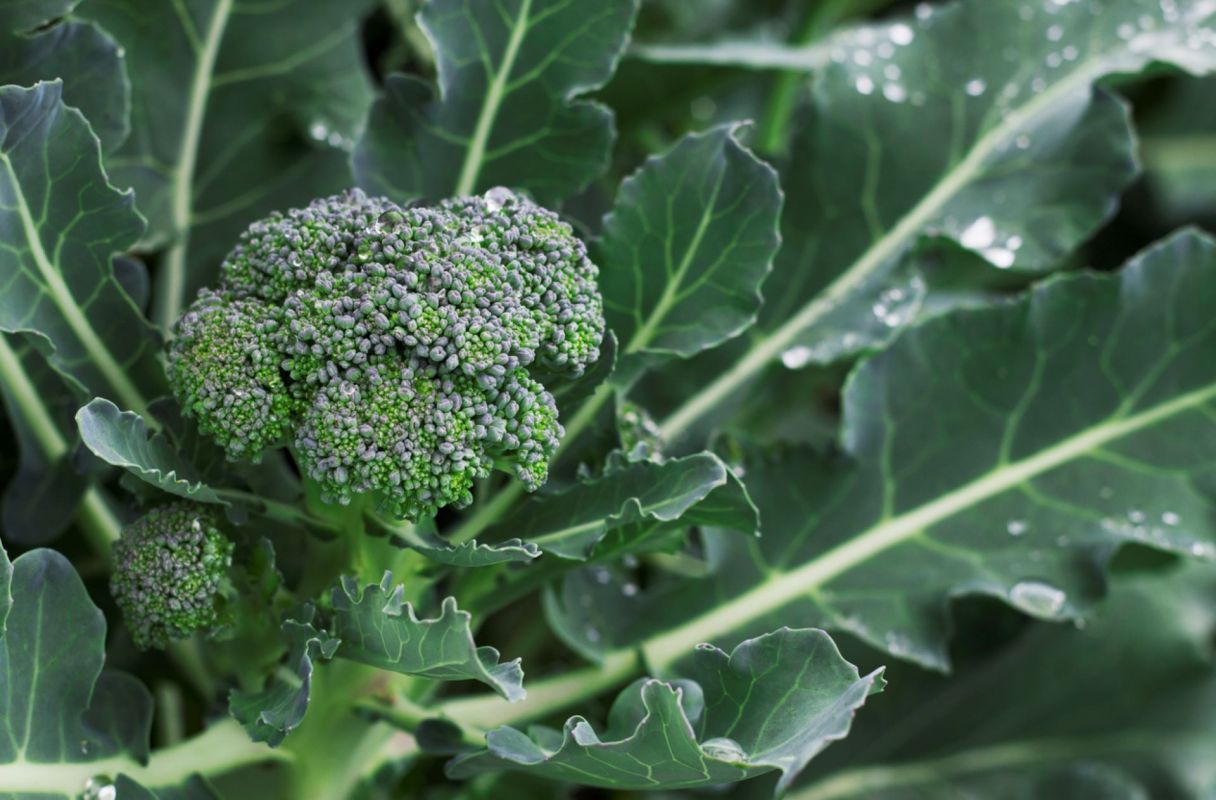Those with green thumbs might already be aware of how fragile broccoli is to warmer temperatures.
The vegetable thrives in cooler conditions in spring and autumn, with 61 degrees Fahrenheit an ideal state to grow normally.
However, as Cornell University's Cornell Chronicle pointed out, broccoli crowns deform at around 72 degrees Fahrenheit, and when temperatures reach 82 degrees Fahrenheit, broccoli begins to look more like cauliflower.
A new study identifies the genetic underpinnings for why broccoli heads become abnormal when its hot, providing insight into effects of climate-induced warming for all crops & paving the way for breeding heat-resistant varieties.🥦@Hortres #plantgeneticshttps://t.co/tEYDHxg88d
— Cornell CALS (@CornellCALS) January 12, 2023
With the world experiencing its hottest summer ever recorded in 2023, according to NASA, global temperature shifts necessitate solutions for growing broccoli and other vegetables in warmer climates — even outside of the typically hottest season.
That's why scientists have been investigating ways to grow the often-maligned crop at higher temperatures.
According to the Cornell Chronicle, researchers first investigated the genetic reasons for broccoli growing abnormally when the thermometer creeps up, and the findings provided some clues as to how to create more heat-resistant varieties.
After applying a substance to stop the DNA methylation process, which would inhibit normal broccoli growth in heat, the scientists found that broccoli was able to grow in a typical fashion even at 82 degrees Fahrenheit.
The outcome is particularly promising, although there's still some research to be done.
Susheng Gan, a co-author of the study and a professor at the School of Integrative Plant Science Plant Biology section, told the Cornell Chronicle: "Once we understand the mechanism better, we should be able to devise ways to develop a new biotechnology, a molecular genetics approach to suppress DNA methylation, in order to breed crops to grow in much warmer temperatures and in wider regions."
To keep up with food supply pressures, innovative methods to grow fruit and vegetables in ever-changing conditions are becoming essential.
The University of Maryland has been looking into ways to make apples more resistant to heat, developing a new strain that can thrive despite rising temperatures linked to human-caused pollution.
Join our free newsletter for weekly updates on the coolest innovations improving our lives and saving our planet.









